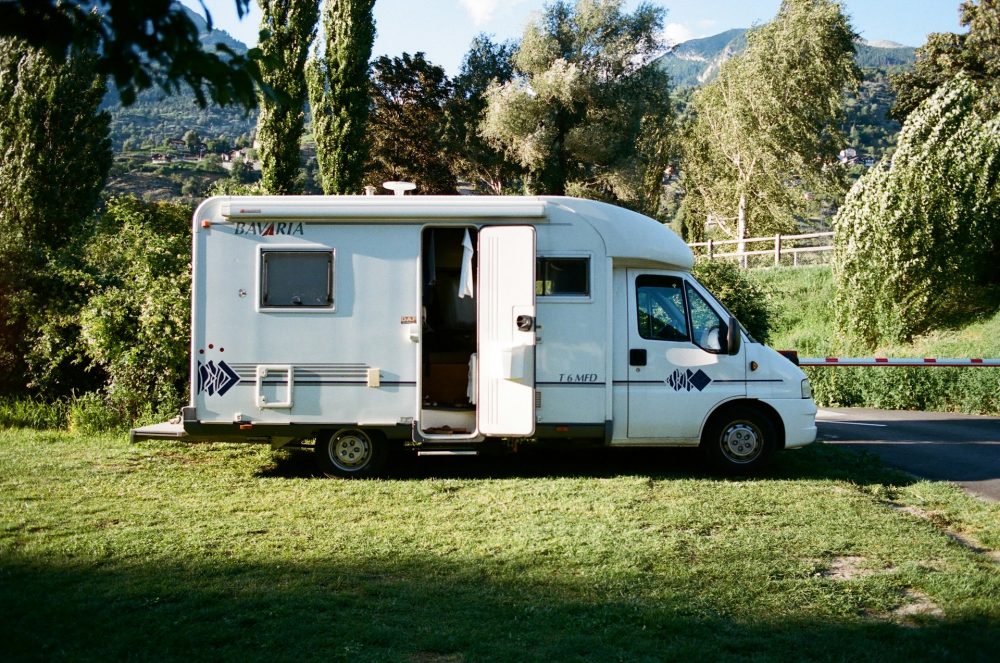Motorhome hire offers a flexible and adventurous way to explore the countryside or embark on a road trip. However, as more people opt for this type of travel, questions surrounding the environmental impact of renting a motorhome have become increasingly relevant. While motorhome hire offers many benefits, it is important to consider the sustainability of this travel option compared to other forms of transport.
- The Environmental Footprint of Motorhomes
While motorhomes provide a unique and comfortable way to travel, they generally have a larger environmental footprint than other travel options. The primary factors contributing to this footprint include fuel consumption, emissions, and waste production.
Motorhomes are typically large vehicles, and their size results in higher fuel consumption than smaller cars. This means that when driving a motorhome, you are likely to use more fuel and contribute to higher carbon emissions. The fuel efficiency of motorhomes can vary depending on the model, but generally, they consume more fuel per mile than smaller vehicles, particularly when fully loaded.
Additionally, motorhomes tend to have large engines designed for long-distance travel, increasing their carbon footprint. As a result, renting a motorhome for a road trip often generates more CO2 emissions than travelling by train, bus, or even flying, especially for shorter distances.
- Comparing Motorhome Hire with Other Travel Options
When considering the environmental impact of motorhome hire, it’s important to compare it with other common forms of travel.
- Flying: Air travel is known for its significant environmental impact, particularly on long-haul flights. Aircraft emit large amounts of CO2, with a single flight emitting more than many cars do over the course of a year. While flying may be faster, it is often less eco-friendly than other options, including motorhome hire.
- Train Travel: Trains, especially those running on electricity, tend to have a lower environmental impact than motorhomes and flights. Electric trains are often powered by renewable energy sources, making them a more sustainable option for long-distance travel. However, they may not offer the same flexibility or convenience as a motorhome, particularly if you want to explore remote areas.
- Car Travel: Driving a smaller, fuel-efficient car typically produces fewer emissions than driving a motorhome. However, if you’re travelling with a family or a large group, the environmental impact of a car hire can increase as the vehicle size grows. However, the advantage of driving a car is its fuel efficiency, particularly when compared to larger motorhomes.
- Public Transport: Public transport systems, such as buses and coaches, generally offer the most eco-friendly travel option, especially compared to a motorhome. Sharing a ride with other passengers makes per capita emissions much lower. However, the convenience and flexibility a motorhome offers may not be matched by public transport options, particularly in more remote areas.
- How to Make Your Motorhome Trip More Sustainable
While hiring a motorhome can have a larger environmental impact than other forms of travel, there are several steps you can take to reduce your carbon footprint and make your trip eco-friendly.
- Choose a Smaller Motorhome: One of the simplest ways to reduce your environmental impact is to opt for a smaller motorhome. A smaller vehicle will generally consume less fuel and produce fewer emissions, helping to lower your trip’s overall environmental footprint.
- Drive Responsibly: Consistent driving and avoiding rapid acceleration or heavy braking can improve fuel efficiency. Plan your route to avoid excessive idling or unnecessary detours, and consider driving at a steady speed to reduce fuel consumption.
- Opt for Eco-Friendly Campsites: Many campsites now offer eco-friendly options, such as solar-powered electricity, composting toilets, and recycling facilities. Staying at these sustainable campsites can further reduce your environmental impact during your road trip.
- Minimise Waste: Motorhome travel can lead to increased waste, particularly regarding food packaging, plastics, and disposable items. To reduce waste, try to pack reusable items, such as water bottles, cutlery, and food containers. Additionally, make use of recycling bins when available and avoid single-use plastics.
- Use Renewable Energy: Some modern motorhomes are equipped with solar panels that can provide power for lights, appliances, and other electrical needs. If your motorhome has solar panels, make sure to use them to minimise reliance on fossil fuels. Additionally, you can reduce energy consumption by turning off appliances and being mindful of electricity usage when not in use.
- Consider Carbon Offsetting: If you’re concerned about the environmental impact of your motorhome hire, consider offsetting your carbon emissions by supporting projects that reduce or capture greenhouse gases. Many companies offer carbon offset programmes, allowing you to invest in renewable energy, reforestation, or other environmental initiatives.
- The Future of Sustainable Motorhome Travel
As the demand for sustainable travel grows, the motorhome industry gradually shifts towards more eco-friendly practices. Newer motorhomes are being designed with improved fuel efficiency, while electric and hybrid motorhomes are beginning to emerge. These developments offer hope for a more sustainable future in the motorhome hire industry as travellers look for greener ways to explore the world.





